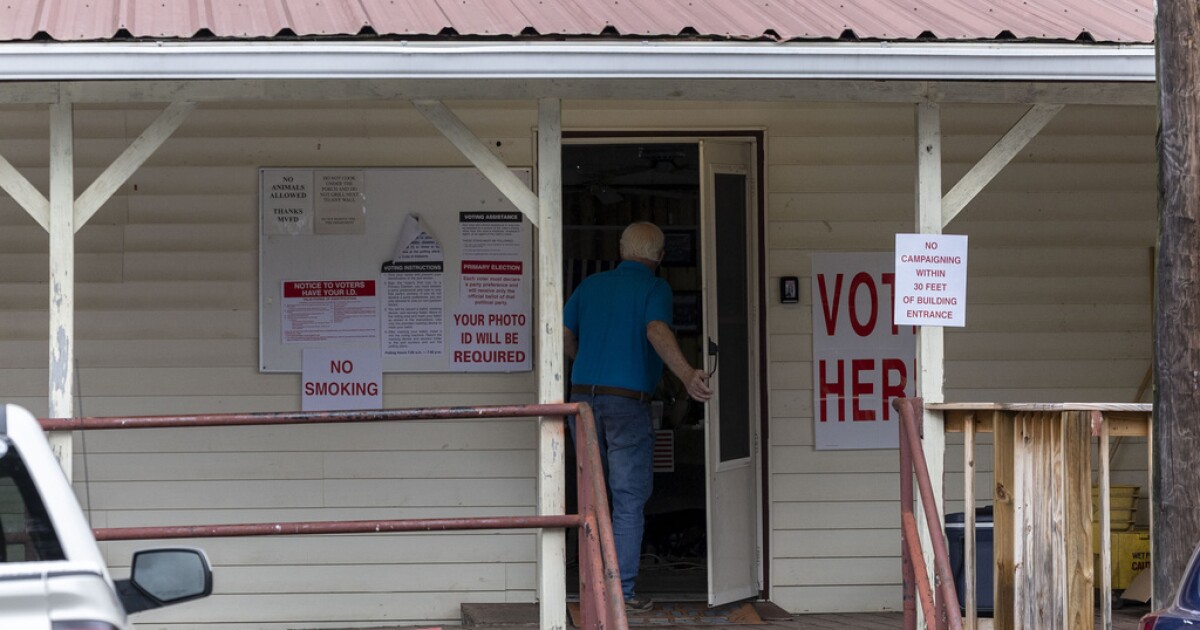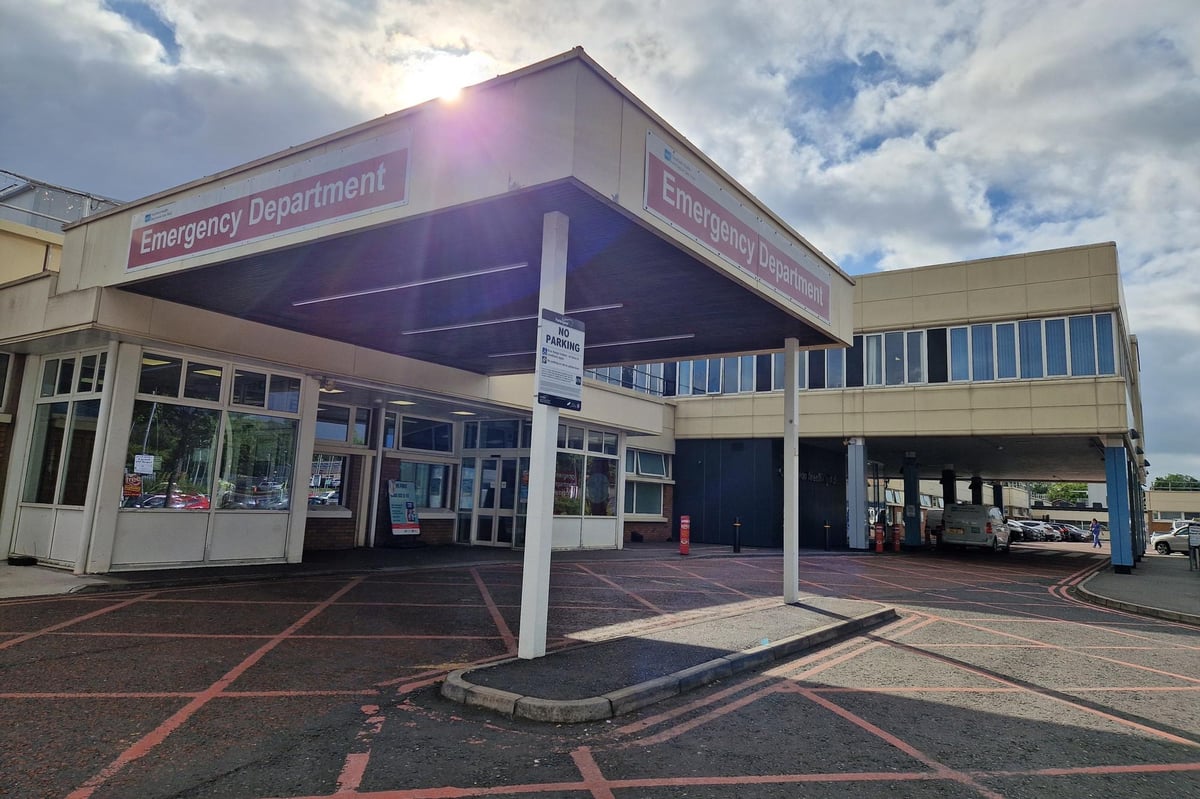By Irishexaminer.com,Niamh Griffin Health Correspondent
Copyright irishexaminer

“Jimmy’s long-term health is still a question mark,” she said.
“His left kidney only has 20% function so we don’t know where this road is going to take us.”
Within days of Jimmy’s birth in October 2022, Eimear and her husband Jack were worried something was not right compared to Jimmy’s brother JJ, just 11 months older.
“I couldn’t pinpoint what was wrong,” she said. “Jimmy was so flat, so lethargic. He really didn’t go for his bottle much, he slept a lot.”
Despite getting reassurances, they continued to worry.
So at just two weeks old, they took him to Cork University Hospital from their home in Cloyne.
“Within about 30 minutes they were performing a lumbar puncture on him because they realised how sick he was,” she said.
“They pointed out to us we were very, very lucky we had brought him in when we did. They said the likelihood was he would have gone into septic shock that night.
“It was quite scarring for us because we’d been told he was fine.”
Within 24 hours he was transferred to Children’s Health Ireland at Crumlin hospital. This has one of the two paediatric intensive care units in Ireland.
CUH advised calling his grandparents in so they could see him first.
“I knew then it was very, very bad,” she said.
Hospitals along the route were alerted in case an emergency stop was needed.
“It was really, really touch and go, I can’t stress enough how touch and go it was,” she said.
Multiple infections
Tests showed multiple infections as well as the kidney issues.
“He had a big one on his pelvis, a large one on his spine, two ribs were infected, his knees were infected, his arms,” she said.
She added: “He was so tiny, it was so, so, so frightening. But the one shining light was the staff at both CUH and Crumlin. They were amazing.”
It was January 6, 2023, before they could take him home.
“We didn’t realise that was the start of our longest journey,” she said.
The little boy came close to major kidney surgery last September but improved enough to avoid it at the last moment.
“It was just an absolute rollercoaster,” she said, adding the kidney is still smaller than usual.
“We say he’s Jimmy the miracle, he’s the cat with nine lives.”
His legs were also seriously infected. Sepsis can damage growth plates in children meaning bones stop growing later in life.
Treatment includes having pins in his legs although doctors cautioned Eimear and Jack this has a low success rate.
“On the first of April this year, he had that done in his right leg and it hasn’t worked,” she said, adding: “They’re not going to do it now for the left leg. So we’re back to the point of being in limbo now with his legs.”
The family will meet doctors again in December about his treatment.
In and out of hospitals all his life, Jimmy has become used to being a patient.
He sometimes travels in the Bumbleance children’s ambulance to Dublin and his mother said: “Our driver is Richie, and Jimmy said to me ‘he’s my other Granddad, isn’t he’?.”
Sepsis awareness
Eimear says that when she talks about sepsis with other parents, she finds it is little understood.
“People always say to me ‘how did he catch sepsis?’, but you don’t catch sepsis,” she said.
“You have to have an infection before and then sepsis is your body’s responses. I think there’s not enough awareness of the condition. And I think there’s also a lot to be said for a mother’s instinct when it comes to her child.”
Ms Hallahan took part in a University College Cork sepsis survey, previously covered by the Irish Examiner to mark sepsis awareness month.
Lead author Dr Aoife Fleming said: “A lot of the feedback we had was sepsis can present for different people in different ways.”
Dr Fleming, Senior Lecturer in Clinical Pharmacy at the UCC School of Pharmacy, echoed Ms Hallahan’s concern that many people do not understand sepsis.
“It’s your body’s extreme response to an infection,” she said.
She added: “It starts damaging your normal tissues, and that’s where sepsis can kick in. That impacts how the rest of your body functions and how your organs work.”
Dr Fleming said they “hear a lot about the tragic cases, and they are tragic”.
She called for better supports for patients like Jimmy who live with significant long-term consequences.
“For those that survive, they need support,” she said. “Our report identified there’s a gap there.
“The report found consistent issues — across the people we spoke to — in their aftercare.”
The report was prepared for the Department of Health.



